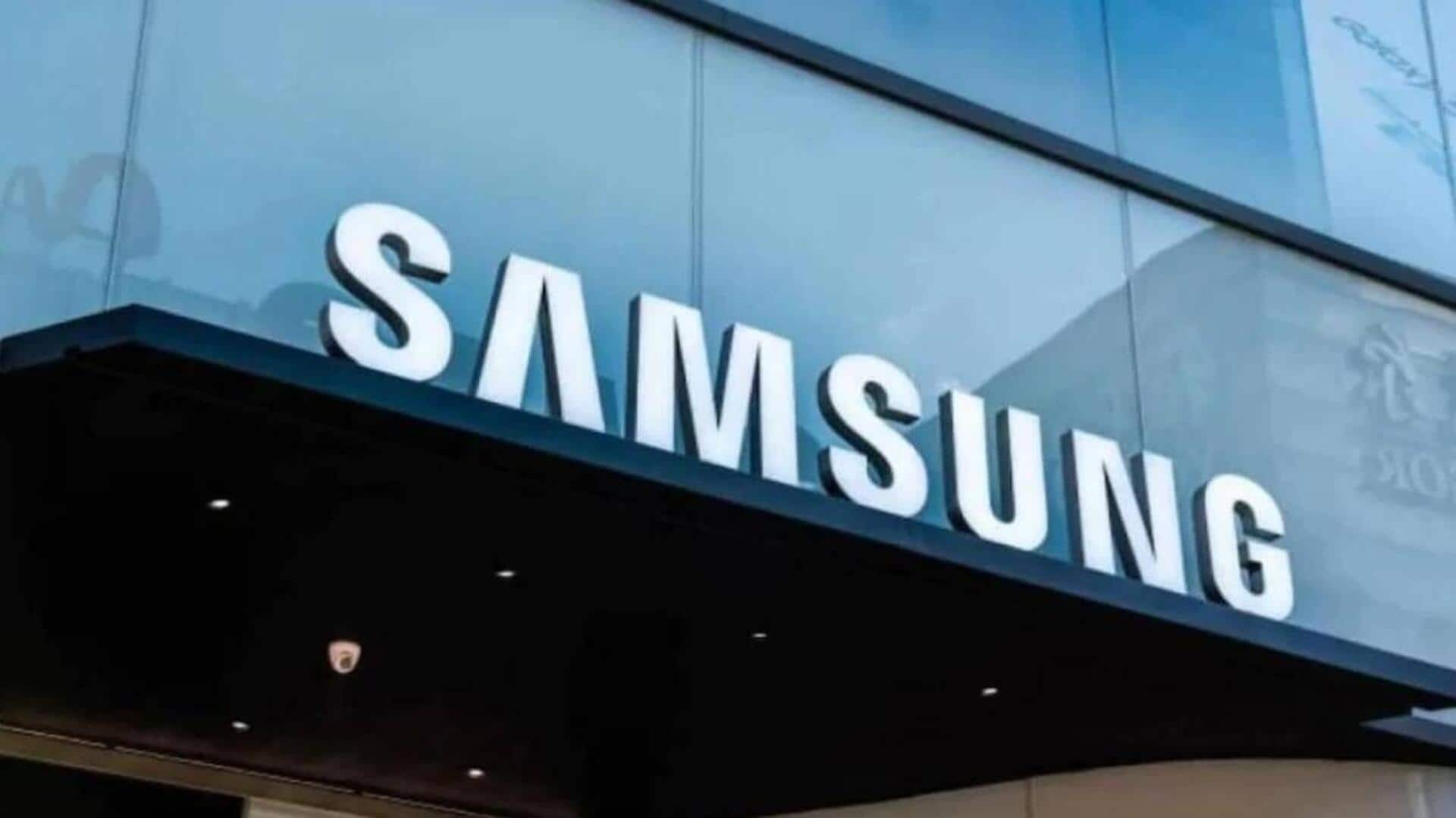
Samsung, Qualcomm oppose Centre's plans of live TV on phones
What's the story
India is contemplating a policy that would require smartphone manufacturers to include hardware that would support live TV broadcasts, without relying on cellular networks. However, Samsung and Qualcomm, among others, have raised concerns over the plan, reports Reuters. The tech giants argue that the necessary hardware modifications would increase the cost of each device while some worry that it could potentially disrupt their current manufacturing processes.
Details
ATSC 3.0 technology and its impact on devices
India's proposal for supporting live TV broadcasts on smartphones, centers around the use of ATSC 3.0 technology. It is widely used in North America and enables accurate geo-location of TV signals while delivering high-quality images. However, the companies contend that their existing smartphones in India are not compatible with ATSC 3.0, and incorporating this technology would raise the cost of each device by $30 (around Rs. 2,500) due to the additional components required.
What Next?
'We do not find any merit in discussing this'
In a joint letter dated October 17, Samsung, Qualcomm, Ericsson, and Nokia expressed their concerns to India's communication ministry, stating that implementing direct-to-mobile broadcasting could also negatively impact battery performance and cellular reception on devices. "We do not find any merit in progressing discussion on the adoption of this," the letter said. The proposal is still being considered with no set timeline for implementation, reports Reuters.
Insights
Limited adoption of digital broadcast on smartphones
Digital TV broadcasting on smartphones has seen limited uptake in countries like South Korea and the US due to a scarcity of devices that support the technology. For India, live TV broadcasts are a potential solution to alleviate the strain on telecom networks caused by the surge in video consumption. The resistance from companies operating in India's smartphone sector follows their recent opposition to making phones compatible with a domestic navigation system and another proposal mandating security testing for handsets.
Facts
ICEA's stance on ATSC 3.0 technology
The India Cellular and Electronics Association (ICEA), which represents smartphone manufacturers such as Apple and Xiaomi, also opposed the move, stating that no major handset maker worldwide currently supports ATSC 3.0. "The inclusion of any technology which is not proven and globally acceptable... will derail the pace of domestic manufacturing," the ICEA letter said. Samsung and Xiaomi hold 17.2% and 16.6% shares of India's smartphone market, respectively, while Apple has a 6% share.